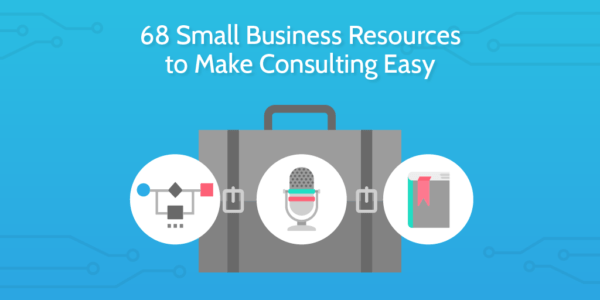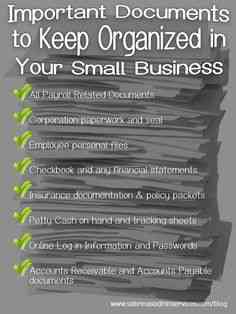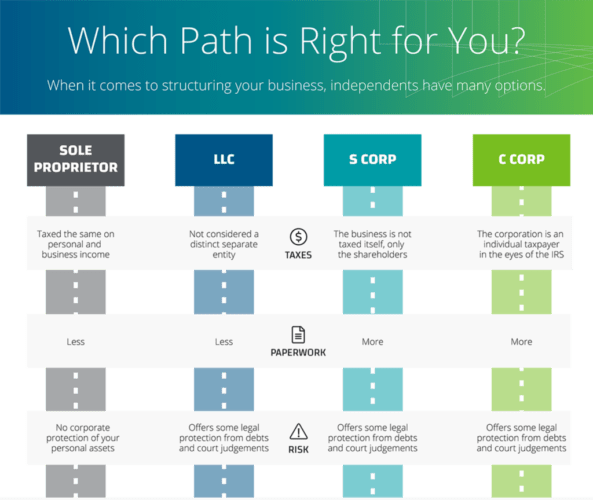And although it may seem like a complicated task, you will discover that in reality Saving in your company is easier than you think.
Today I share with you a list of at least 15 practical tips for reduce expenses significantly in your business from today (and without sacrifice your productivity).
When we talk about reducing costs we will discover that there are 3 decisions to consider:
- Costs that we can reduce immediately
- Costs that require a controlled reduction process
- Costs that will take a little longer because they require a change in the company culture
Each point in particular should be evaluated and prioritized separately and special attention should be paid to the so-called “ant expenses“which are all those very small expenses that are hardly noticed but that consume a large amount of resources, almost always unnecessary.
- Use more email and less paper. The use of paper is usually an excessive cost that we do not notice out of habit. However, it is convenient that your staff get used to using electronic means to cross all kinds of information and use paper only when strictly necessary. In the long run you will save on paper, inks, electricity and depreciation of your printing equipment.
- Use network printers. Using networks allows you to share different resources in the office, from printers to hard drives. You don’t need a printer per computer, not even per department. You can have a print area with a couple of good shared printers with controlled ink usage.
- Do not use brand inks. Generic inks are proven to work perfectly well, do no harm to printers, and cost up to a fifth of what an original ink cartridge costs. If you’re not sure, run tests with a single printer until you see the results.
- Hire the services of an external accountant to audit your accounting. In appearance this could be more of an expense than a saving, but if you carefully analyze it, investing in an external audit at least once a year can save you a lot of money due to tax problems and fines that are often not detected until they are in a phase. conflict with the treasury or tax agencies.
- Control Internet use in your company. Computer systems allow you to manage in detail which applications each person can use in the office. Try to grant your collaborators the use of the tools that are strictly necessary for the performance of their work and deactivate all access to chat programs, facebook, twitter, games, pornography, bets, etc. A recent study suggests that about $ 650 million in productivity is lost in the US for this reason. Consult with your system administrator for this task.
- Check the overtime hours of your employees. Many employees have a tendency to promote non-working hours in order to earn a few overtime on your income. However, these hours are not always essential. A detailed review is convenient and you should implement controls to ensure that an employee works overtime when it is truly warranted. company goals.
- Allow early retirements for former employees. It usually occurs in old companies that have employees on their payroll who have worked for many years but who many times are no longer decisive for the performance of the company. In these cases, the possibility of an early withdrawal that reduces the costs for labor liabilities.
- Use personal outsourcing. The modern companies they make more and more use of external personnel also called outsourcing. These employees work for your company but are actually hired by a third party with whom they agree on the income conditions. That detaches you directly from labor liabilities, paid leave, vacation, childbirth leave, etc. And it allows you to have staff for periods of time focused on specific activities.
- Always get the best prices from your suppliers. It is said that knowing how to buy is as important as knowing how to sell. And it’s true! Make sure you always get the best prices on products and services from your suppliers. Establish strong relationships with them in such a way that they assure you the best benefits for buying frequently. This can represent significant savings in the long term.
- Saving on fuel. One of the higher company expenses it is usually the fuel. It is convenient to make a general evaluation of the trips that are made, whether for deliveries, meetings, errands, messaging, business appointments, paperwork, etc. You should review the frequency with which they are carried out and the routes that are used in order to make more efficient use of fuel, vehicle depreciation and even time! Tip: Many vehicle drivers tend to take a few extra “laps” when traveling to waste time and return late to the office. Those extra laps are a huge cost if you evaluate it carefully.
- Consider working from home. If your company is small or you are starting up, you should carefully evaluate how necessary it is to have a commercial premises or an office. Many big companies They have started in the garage of their house and that has allowed them to increase their profitability. Having a place represents, in addition to rent and deposits, investing in furniture and equipment that often unnecessarily overloads your budget.
- Pay with services or products. An increasingly strong business trend among big companies is to pay your suppliers a percentage of their fees with products or services of your company, making your cash flow and the inventory turnover. Of course, this strategy must be previously indicated to your suppliers in order to avoid later inconveniences.
- Check the use of your expenses in basic services. Make sure the use of your basic services is efficient: electricity, water, telephones. Many excesses come from the misuse of them and the solutions can be very simple but you must start by detecting them. From turning off computers or equipment that are not in use to reducing unnecessary calls or implementing VoiP calling services like Skype can be interesting solutions that will significantly reduce your costs.
- Do not hire what you can do yourself. This point tells us about making the use of the human resource we have. So instead of hiring an additional courier or handyman you can surely assign certain tasks to some of your current employees. Of course, this is not always well accepted at the beginning but it is convenient so that companies are not weakened by excessive spending and in the long run it represents employment for all.
I wanted to leave point No. 15 last because it seems to me the most important of all. And is that the best way to save in the company is providing exceptional service to our clients. If a lot is lost in something, it is when a client decides to go to our competition due to the poor quality of our attention. If they serve you better or make you feel important then if we are losing the true and most valuable asset of our company: the clients.
Do you have any other suggestions for save in the company? I would love for you to share them!
And I invite you to continue reading about other business ideas:

























